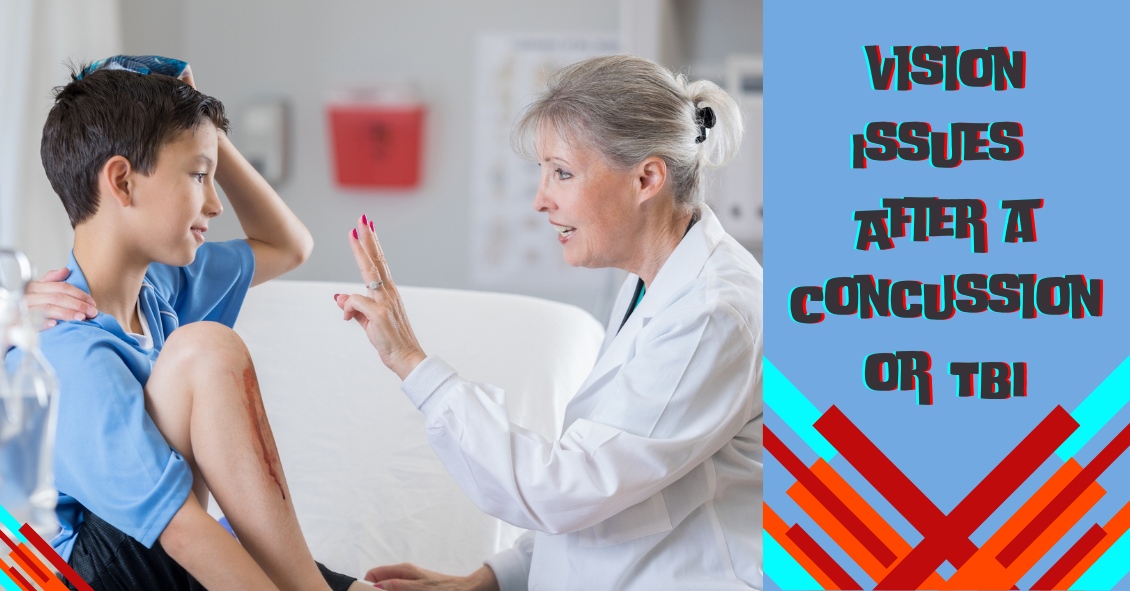News & Promotions
 The Centers for Disease Control estimates that around 2.8 million people in the Unit...
The Centers for Disease Control estimates that around 2.8 million people in the Unit...
Featured Monthly Video
- Written by InnovativEyes

Don't be one of the thousands of parents every year who wish, "I wish I had realized sooner that my child coudn't see properly!"
Did you know that early intervention in children's vision is the key to success?
- 80% of learning comes...
Read more: Don't Let Your Child's Vision Issue Go Undetected
- Written by InnovativEyes

Cataracts are part of the natural aging process. Everyone gets them to one degree or another if they live long enough. Cataracts, as they progress, create increasing difficulty with the normal activities of living. The symptoms vary from one...




